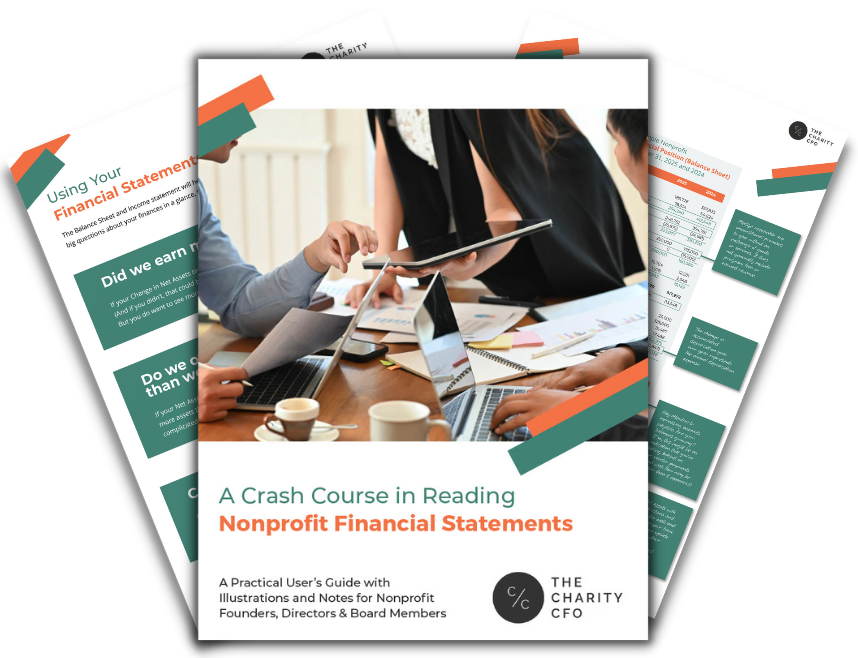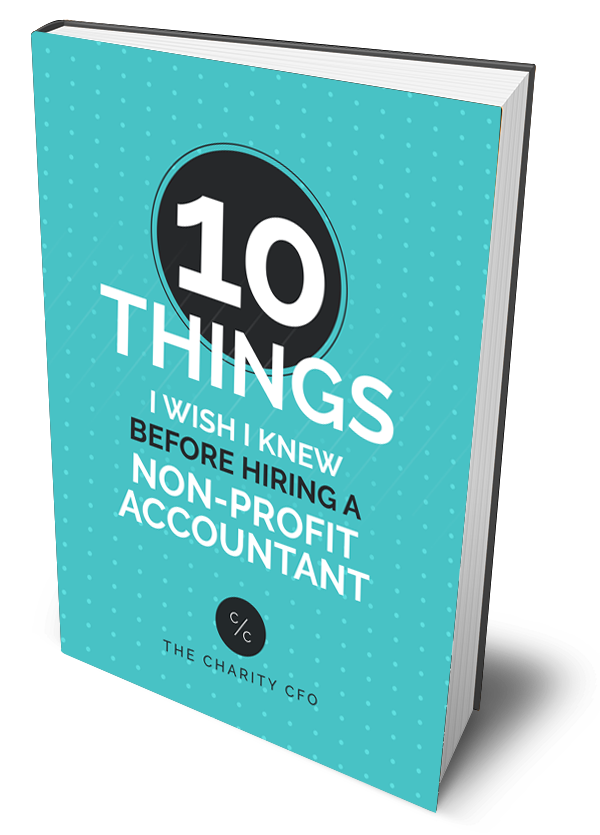Your finance committee spends the most time analyzing and studying your nonprofit’s numbers, yet your entire board of directors is responsible for financial oversight.
So, as the executive director or financial manager of a nonprofit, it’s up to you to ensure you prepare both the finance committee and the entire board to understand their roles and what you expect of them. Doing so helps you ensure your team truly understands your finances and can help you do your job more effectively.
Here are some quick ways to ensure that your organization has the financial support it needs to carry out its mission:
Recruit board members with financial and accounting expertise
All board members are responsible for the financial health of a nonprofit organization. However, you will need some board members that can do more of the heavy lifting in the nonprofit financial management space.
The degree to which your nonprofit needs financial expertise depends on the size and complexity of your organization. For example, if your organization has complex investments, you may want to add board members with investing expertise.
And if you can find qualified candidates with nonprofit finance or accounting experience, even better. Nonprofits have specific accounting needs that differ from for-profit companies, so there will be a learning curve even for experienced financial professionals arriving from the for-profit business sector.
Include nonprofit financial training component in board orientation
Many board members lack confidence in the financial oversight role. And as discussed above, even experienced financial pros may be new to the specific details of nonprofit financials.
A lack of confidence reduces the questions and conversations about the organization’s financial performance in board meetings.
Time after time, we see the board delegating the responsibility of financial management to solely the finance committee, leaving the remaining board members in the dark about the finances.
Nonprofits can conduct a crash course training session to bring new members up to speed.
Your financial training for board members should include at least these basic elements:
- An overview of the principal sources of revenue (earned revenue from programs, key fundraising events, and other significant sources of funds),
- An overview of the major expenses (explaining which expenses are largely fixed, such as salary and others that are variable/discretionary).
- A basic understanding of the organization’s assets and liabilities, such as cash reserves, liquidity of assets, and the details of oustanding long-term and short-term liabilities.
- A copy of the latest financial statements and an overview of the critical assumptions and the KPIs that matter most to your organization. A written summary of the financial performance accompanying the financial statements will help non-financial individuals better understand key points.
In addition to an initial financial training at orientation, you might consider adding a financial training component to your annual board retreat to keep your entire board actively engaged with your finances.
Activate the Finance Committee
A strong finance committee is one of the keys to effective financial oversight.
Finance committee members typically have the most experience in accounting and finance. Therefore, they can help your nonprofit establish policies, develop robust budgets, and improve internal processes.
PRO TIP: To get even more capacity from your finance committee, include them in your strategic plan!
Every nonprofit should periodically develop a strategic plan. As part of the strategic plan, your organization should set goals for financial oversight and the overall accounting function. Then, charge your finance committee and financial management team with executing the financial elements of the strategic plan.
If financial oversight is not currently part of your strategic plan, consider including it. Your finance committee will be more effective if they are tasked with achieving specific goals within a designated time frame.
Discuss Financial Statements As a Team
Each nonprofit should have regular board meetings. And your board should review and discuss the most recent financial statements at every board meeting.
Don’t leave the financial statement review to a consent agenda, given how significant financial oversight is to the overall board members’ job description.
Nonprofit financial statements will vary from organization to organization, based on the size and complexity. Consider developing a financial reporting package or financial dashboard that is both meaningful and easily understood by staff, leadership, and the board.
Your financial statement review should include at least these 3 reports:
- Balance sheet (Statement of Financial Position)
- Income statement (Statement of Activities)
- Budget to Actual report
Some organizations will even develop projections and cash flow forecasts to help anticipate financial challenges and drive conversations around how to overcome them.
Beyond the finance committee…
Business finances can easily overwhelm a nonprofit team. Building a solid finance committee can help you get the support you need.
But financial responsibility doesn’t start and end with the finance committee. To increase your chances of success, you should charge your entire board and management team with understanding and engaging with your financials.
If you want to carry out your mission successfully, you need to be sure you have the financial strength to get you there. And that means running your nonprofit like a business.
You can read financial statements like a CPA
If you or your team need help to understand your financial reports, check out this free guide we created to help directors and boad members read and understand nonprofit financial statements.
We’ll let you know what a CPA is looking for when they review your balance sheet and income statement, so you can read your reports with an expert’s eye.
👉 Download the annotated guide to nonprofit financial statements

Do You Struggle to Make Sense of Your Financial Statements?
Get our FREE GUIDE to nonprofit financial reports, featuring illustrations, annotations, and insights to help you better understand your organization's finances.
Get the free guide!




0 Comments